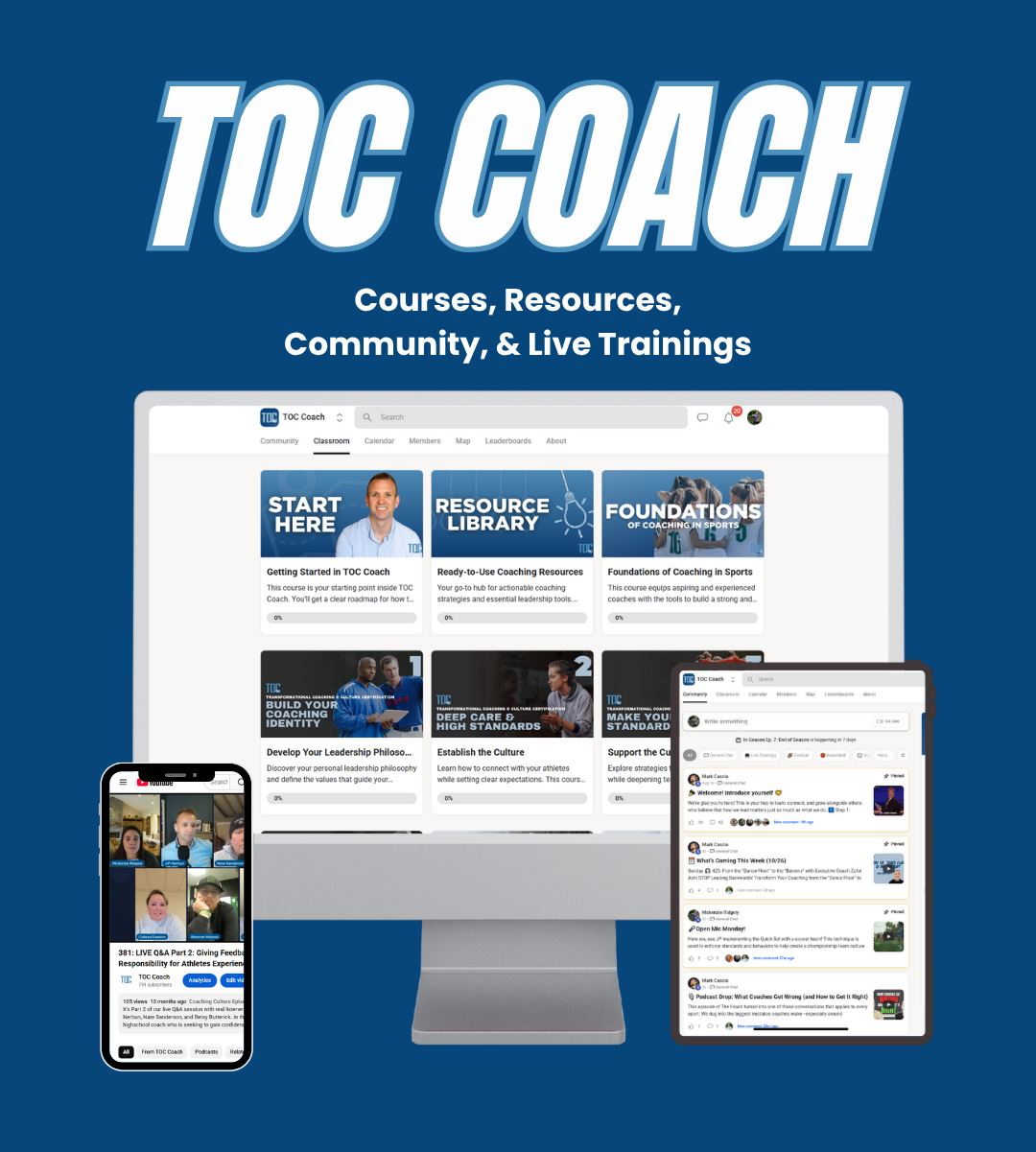3-1-1 on The Stories We Tell Ourselves
*This 3-1-1 is inspired by Jennifer Garvey Berger’s work on Leadership Mindtraps.
3 Thoughts
1
"The most powerful stories may be the ones we tell ourselves. But beware--they're usually fiction." - Brené Brown
2
Our desire for simple stories blinds us to the complexity of the real stories. We often create simple characters in our stories—heroes and villains—while individuals themselves are far more complicated. Our brains have developed to create stories with a beginning, middle, and end; so we look to our past to fill in the missing pieces and then believe that story to be true.
3
Effective leaders notice the simple stories they are telling themselves, question them, and remain open and curious to other possibilities.
1 Tip to Escape Our Simple Stories
Step 1:
Become aware of the story we are telling ourselves.
i.e. An athlete doesn't text us back, and we tell ourselves a story that they are disrespectful and uncommitted.
Step 2:
Create another story.
i.e. The athlete is nervous communicating with adults.
Step 3:
Create yet another story.
i.e. The athlete's phone went dead.
Step 4:
Formulate another story.
i.e. The athlete was with friends or family, didn't respond immediately, and then forgot.
1 Question to Escape Our Simple Story
How is this person a hero in their own story? (And not a villain in your story. Ask this question multiple times.)
-Unlocking Leadership Mindtraps by Jennifer Garvey Berger



